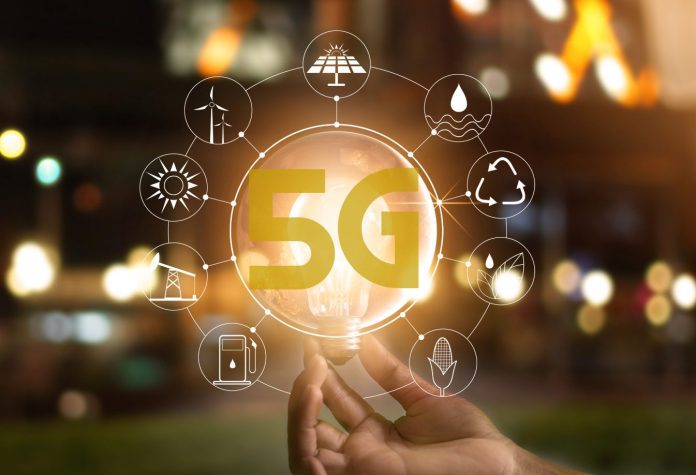South Korea aims to award frequencies in the 28 GHz band for private 5G networks
LG CNS, the IT division of South Korea’s LG Group, has applied for government permission to become the second domestic operator of a private 5G network, Korean news outlet Aju Business Daily reported.
According to the report, LG CNS said it aims to accelerate the digital transformation of manufacturing customers by combining 5G with smart factories. The company has already introduced its Factova, which is an integrated smart factory platform based on AI, big data, and IoT.
South Korean mobile operators have been commercializing 5G mobile service using the 3.5 GHz frequency band. For private 5G networks, the government will award frequencies in the 28 GHz band.
The Korean government has said that private 5G network operators can use regional monopoly rights to conduct business-to-business (B2B) communication services in limited areas.
Subscribe now to get the daily newsletter from RCR Wireless News
In December 2021, the Ministry of Science and ICT said that Naver Cloud was registered as South Korea’s first company to provide a telecom service using a private 5G network. Naver Cloud, which is a cloud computing unit of South Korea’s top web portal operator and IT company, said it aims to establish a smart office using a private 5G network at a new robot-friendly building under construction in Bundang in the southern satellite city of Seoul.
For services to other companies, Naver Cloud will provide cloud data centers and private 5G networks, while Naver Labs will offer ultra-large AI and 5G brainless robots.
Using private 5G’s ultra-high-speed and ultra-low-latency characteristics, hardware and software for local AI execution can be removed from robots, leading to reduced manufacturing costs and battery consumption, according to the report. For the provision of service to other companies, Naver Cloud said it will provide cloud data centers and private 5G networks, while Naver Labs will offer ultra-large AI and 5G brainless robots.
Naver also said it will use the robot-friendly building as a global reference space where 5G networks, cloud, robots, autonomous driving, digital twin, and AI are connected and fused into one. The firm noted that employees would experience new workspaces, such as access to space through face recognition and delivery using autonomous robots. Contactless orders will be possible in restaurants and cafes. Robots will receive parcels and bring them to the seats of employees, Naver Cloud added.
With the launch of Naver Cloud Platform in 2017, the firm is dedicated to serving industry-specific cloud services across public, financial, medical, education, gaming, retail, and other industries.

